A new study by Apollo Hospitals showed India sees around 10 lakh new cancer cases every year. Experts blame a variety of issues including unhealthy diet, pollution, and poor lifestyle choices. They say screening is a vital tool to fight cancer and advise the public not to put off getting regular check-ups and medical attention read more
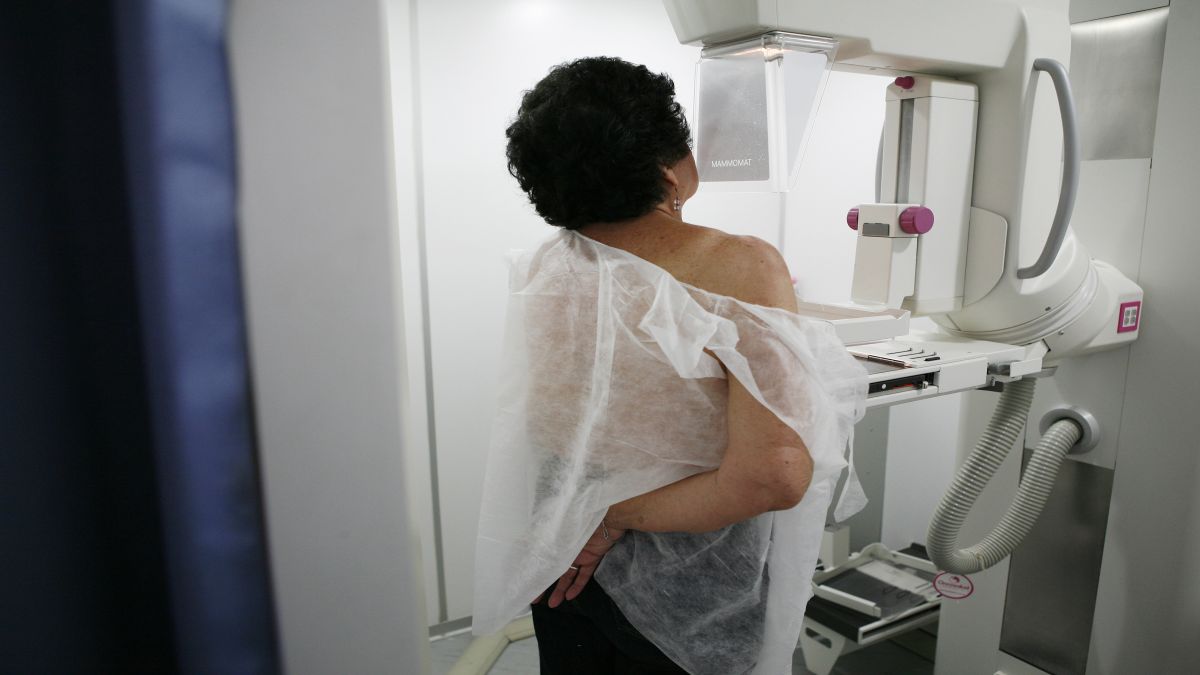)
Cancer screening in India remains an afterthought. Just 1.9 per cent of people are screened for breast cancer in India. Reuters
India is now the ‘cancer capital of the world.’
That’s according to a new study released last month by Apollo Hospitals.
The report, entitled Apollo Hospital’s Health of Nation Report, found cases of cancer and other non-communicable diseases (NCDs) were through the roof.
But what did the study show? And why did it dub India the world’s cancer capital?
Let’s take a closer look:
What did the study show?
According to Business Standard, the study found that NCDs comprised 63 per cent of all deaths in India.
By 2030, India will lose $3.55 trillion in economic output due to these diseases.
India recorded 13.9 lakh cancer cases in 2020. That number is set to rise to 15.7 lakh by 2025.
That’s a 13 per cent increase in five years.
Those suffering cancer are also tend to skew younger.
The average age of a person diagnosed with breast cancer in India is 52 compared to 63 for US and Europe. For lung cancer, the average age of a person is 59 compared to 70 in the West.
Around 30 per cent of colon cancer patients in India are under the age of 50.
Despite these facts and figures, cancer screening in India remains an afterthought. Just 1.9 per cent of people are screened for breast cancer in India.
That figure is 82 per cent in the US, 70 per cent in the UK, and 23 per cent in China
A mere 0.9 per cent of people are screened for cervical cancer in India. That number is 73 per cent in the US, 70 per cent in the UK, and 43 per cent in China, as per Business Standard.
DW reported that women most commonly suffer breast, cervix, and ovarian cancer, while men usually get lung cancer, mouth cancer, and prostate cancer.
According to News18, gutka and paan masala cause 90 per cent of oral cancers in India.
Around 10 lakh new cases of cancer are diagnosed in India each year.
Of these, around four per cent are children.
What do experts say?
Experts blame a variety of issues for the current situation including diet and pollution.
“Contributory factors to rising incidence are advancing age, unhealthy diets with ultra-processed foods stoking inflammation, exposure to air pollution laden with carcinogens and climate change with increased exposure to ultraviolet radiation,” K Srinath Reddy, former president of the Public Health Foundation of India, told DW.
“India’s eating setting has changed significantly in recent years as a result of globalisation and urbanisation. Young Indians are consuming more and more processed foods, sweetened beverages, and high-fat meals as part of their Westernised diets. This change has led to a concerning increase in diabetes and cardiovascular disorders among young people, as well as spike in obesity rates,” Dr Dinesh Singh, Chairman Radiation Oncology, Andromeda Cancer Hospital, Sonipat, told The Times of India.
A piece in The Times of India blamed ‘swift urbanisation, adoption of unhealthy habits, environmental contamination, genetic predispositions, and insufficient availability of high-quality healthcare services’ for the increase in cancer cases.
It also said the population getting older and better cancer detecting tools have increased the number of cases.
It said that stress, especially over a long period, could contribute to both injuries and death.
“While whether stress can initiate the cancerous process is up to debate, stressed individuals with cancer have poorer prognoses than those without,” the piece noted.
“Stress and cancer may be linked, in part, to the body’s response to cortisol, a stress hormone. The body releases cortisol during stressful events, but levels tend to drop once the threat passes. On the other hand, long-term exposure to stressors can cause cortisol levels to remain elevated, which can cause the body to experience cellular fatigue. Augmented cortisol’s presence in the blood also accentuates impaired immunity that may enable pathogens, particularly viruses, some of which are carcinogenic, to enter and proliferate inside the body,” it stated.
The Times of India article argued that even these numbers may not paint a full picture.
That’s because of India’s record of tracking and screening for cancer leave much to be desired.
India Today quoted Dr Vedant Kabra as saying that genetic predisposition may also be to blame.
This is because certain sections of the population have BRCA gene mutations.
As per News18, the WHO says 30 to 40 per cent of cancer cases can be chalked up to living a poor lifestyle.
Tobacco smoking, alcohol consumption, a diet low in fruit and vegetables, being obese and physical inactivity can all contribute to increasing cancer cases.
‘Screening a vital tool’
They warn that things are slated to only get worse if nothing changes.
“Cancer cases and deaths are rising and are expected to rise further over the next two decades,” K Srinath Reddy, former president of the Public Health Foundation of India, told DW.
They say screening is a vital tool to fight cancer.
“There is no doubt that cancer is growing and there needs to be prioritised action by everyone. For instance, the government should incentivize screening as a first measure,” Nitesh Rohatgi, senior director of medical oncology at the Fortis Memorial Research Institute, added.
“There is also a need for policies to impart financial protection and expand the screening and curative services for cancer,” Rohatgi added.
Young people must get themselves screened before it is too late, they say.
“Cancer still poses a serious threat to the lives of young Indians, even with reduced incidence rates. A large number of young Indians can put off getting regular check-ups or medical attention until their symptoms get really bad,” Dr Singh told The Times of India.
Others warn India is in for a tough time.
“I would not want to call it an epidemic but we will see cancer cases double by 2040 compared to 2020. A lot of them can be prevented at the individual, societal and governmental levels,” Asit Arora, director of cancer care at Delhi’s Max hospital told DW. “If we don’t do anything we, as a society, will be paying a heavy price.”
Still, some say there is hope.
Dr Preetha Reddy, Vice Chairperson of Apollo Hospitals, was quoted as saying by Mint, “We strongly believe that the healthcare ecosystem and the nation need to come together and have a unified outlook so that we can combat NCDs in the truest sense. The findings demonstrated a significant need for immediate interventions to fight, prevent and reverse the growing epidemic of cancer, diabetes, hypertension and obesity among others. The need to educate the public and create individualised preventive healthcare solutions has never been greater.”
With inputs from agencies

 4 months ago
23
4 months ago
23

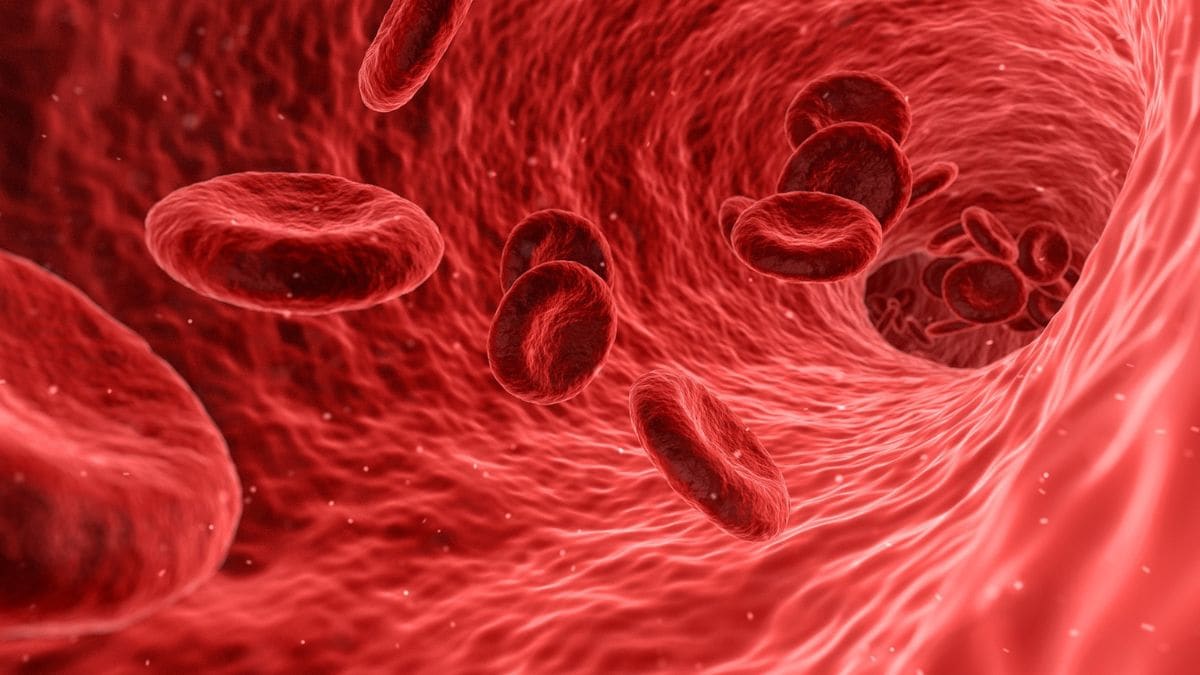
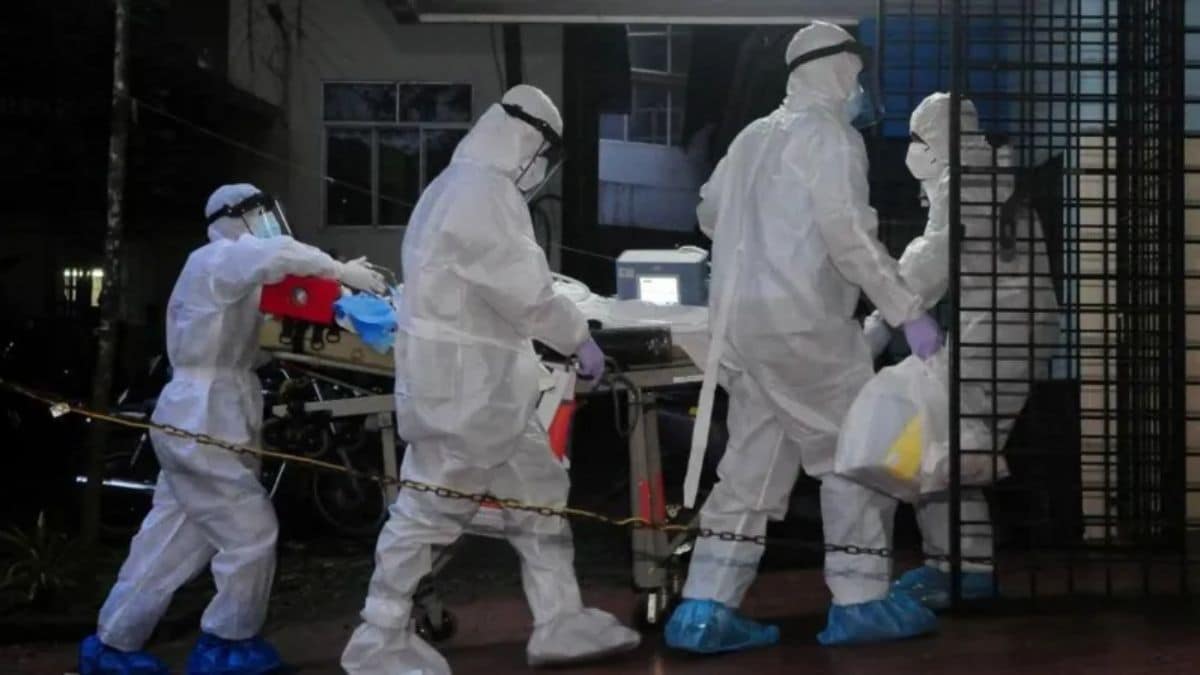
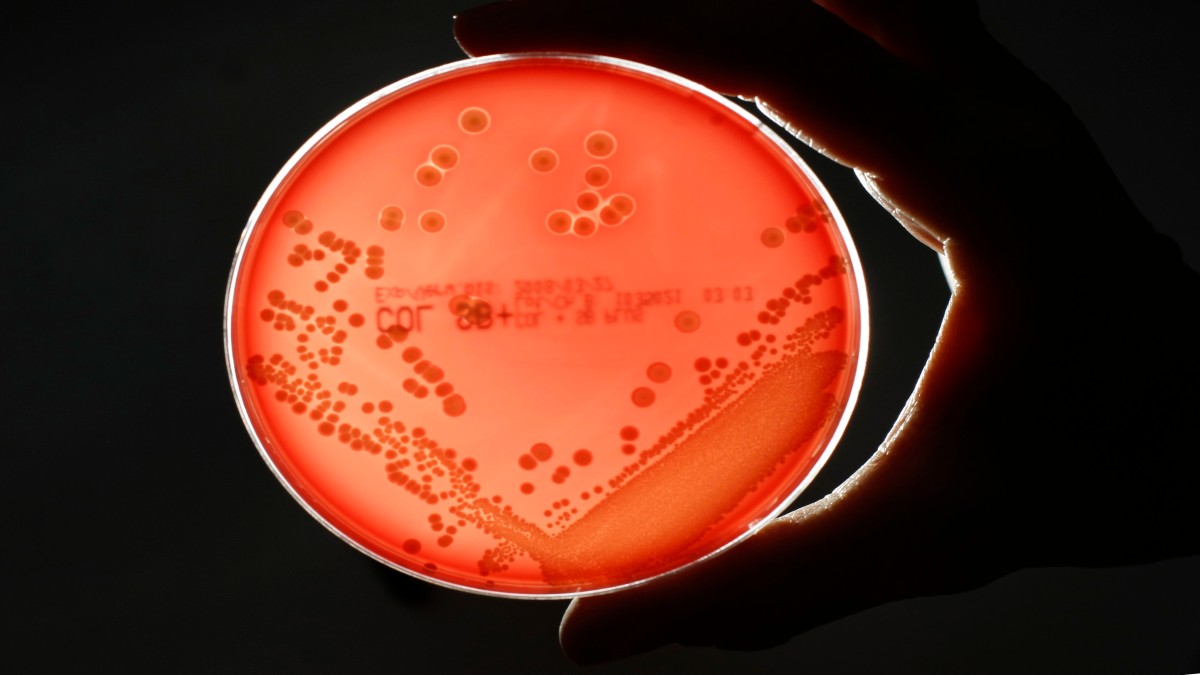



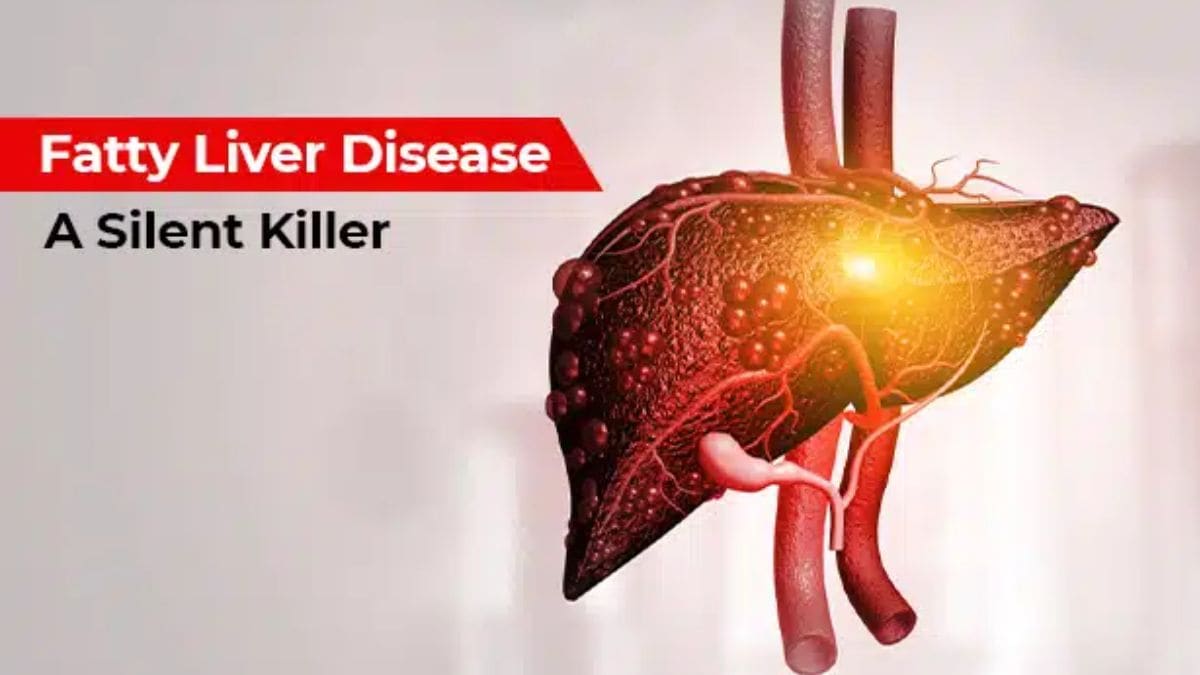

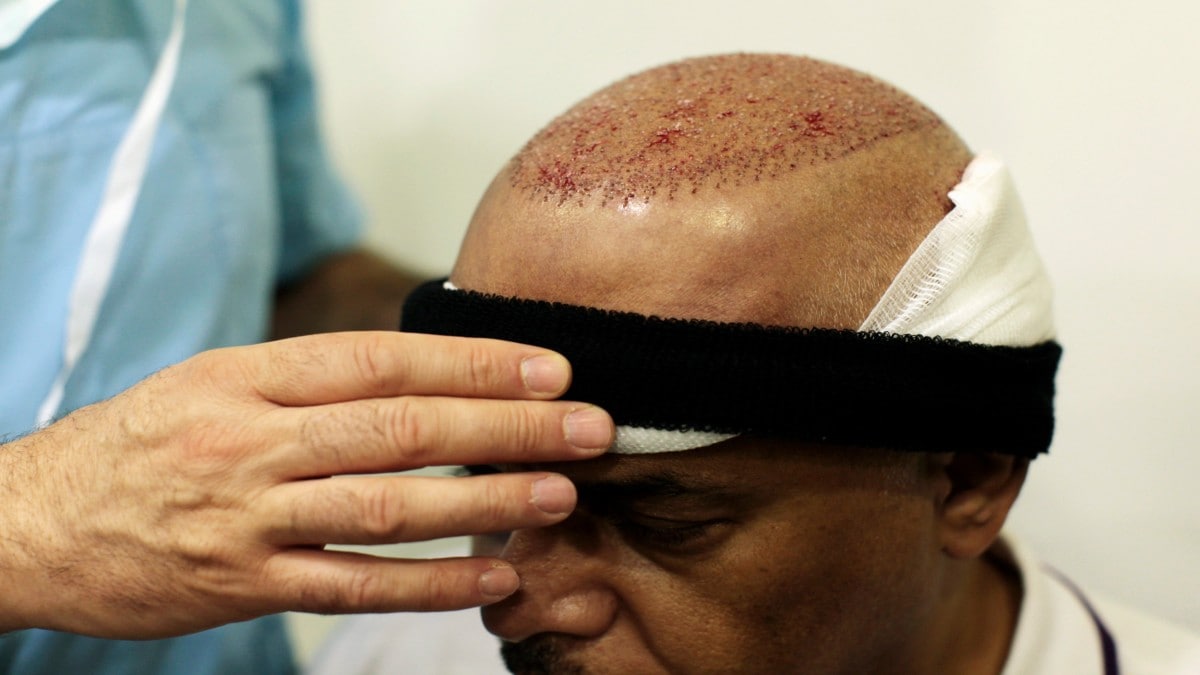

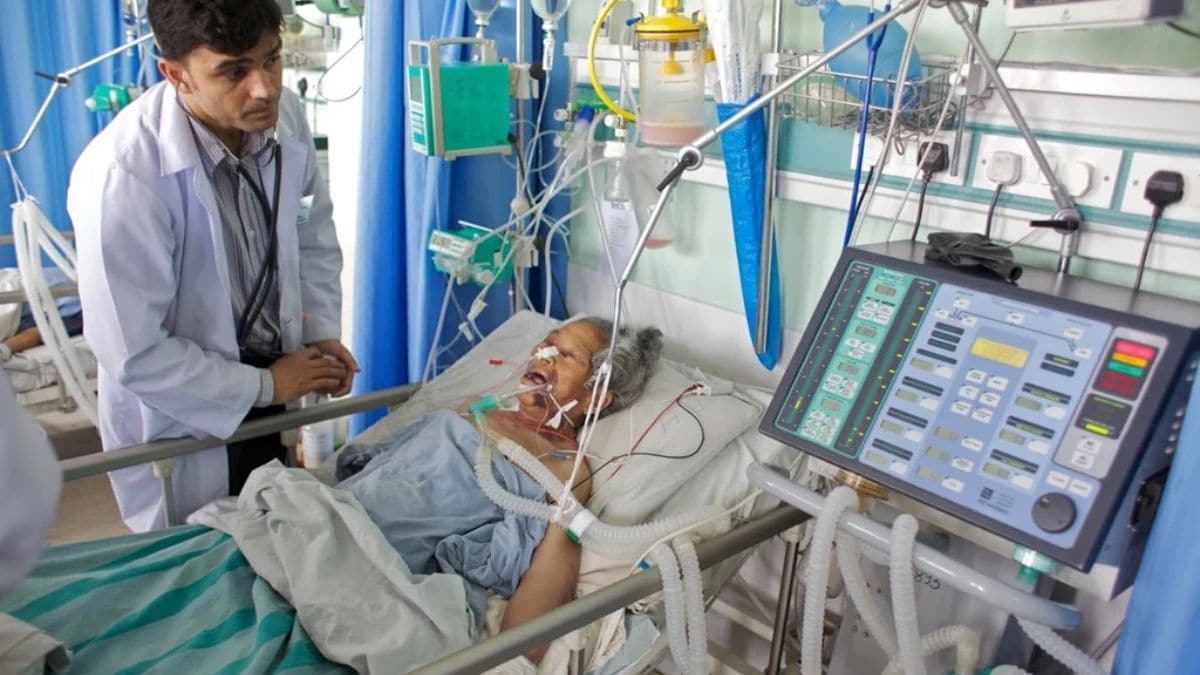
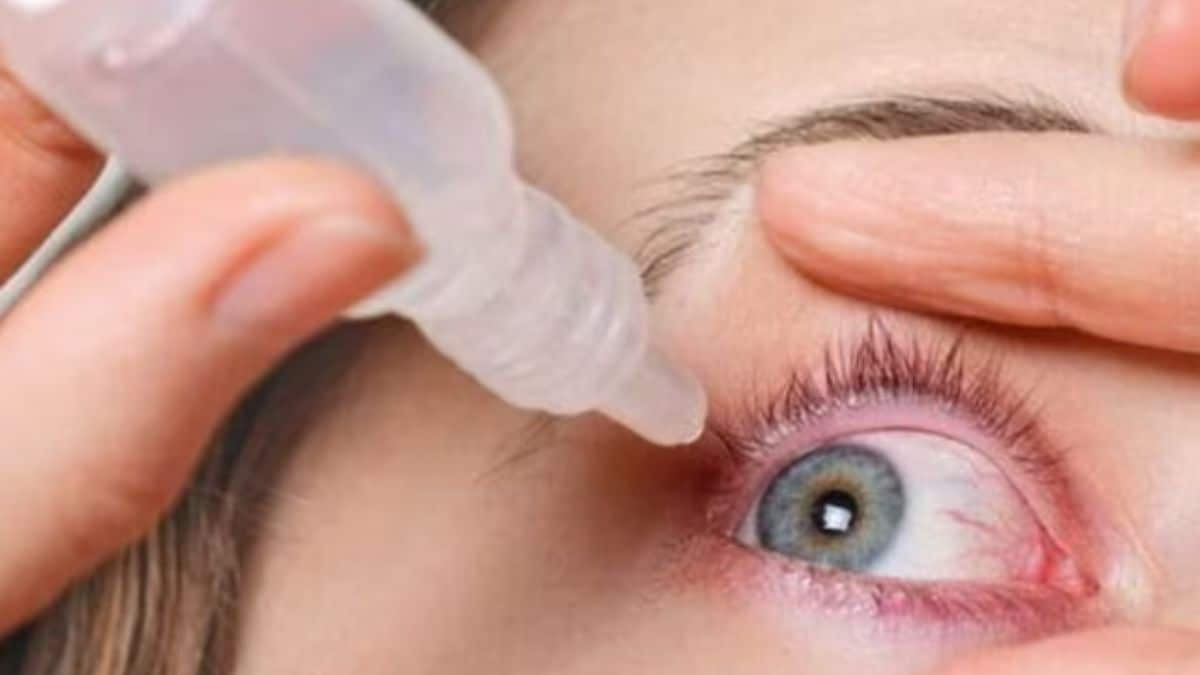

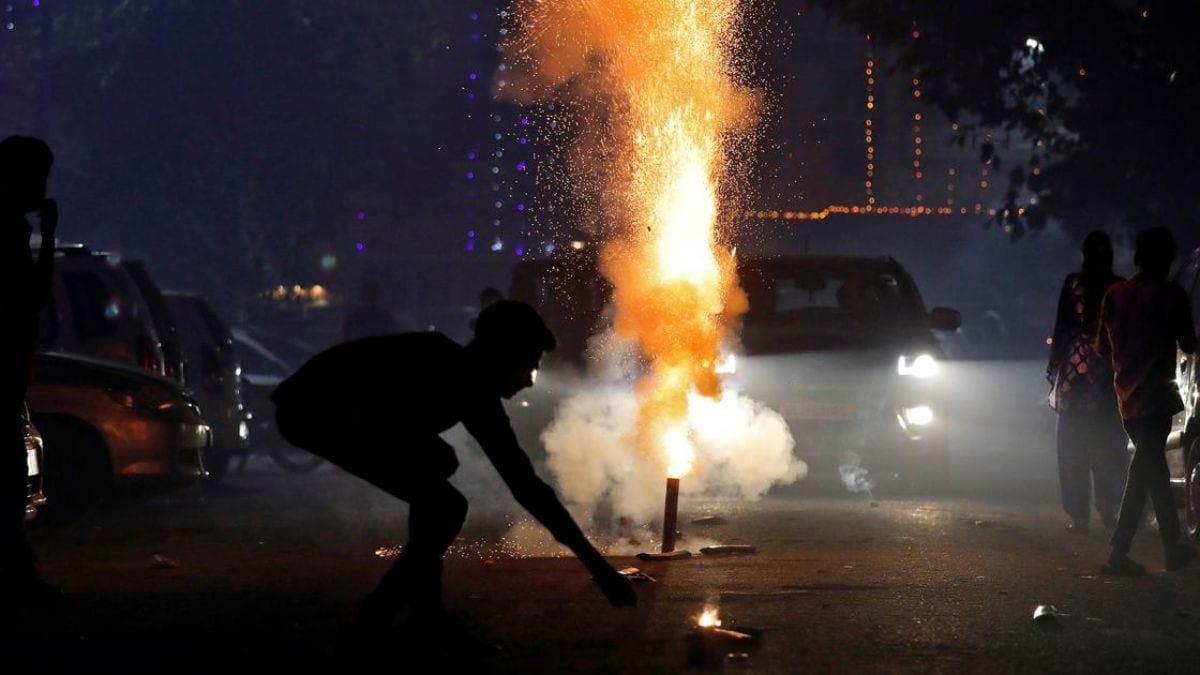
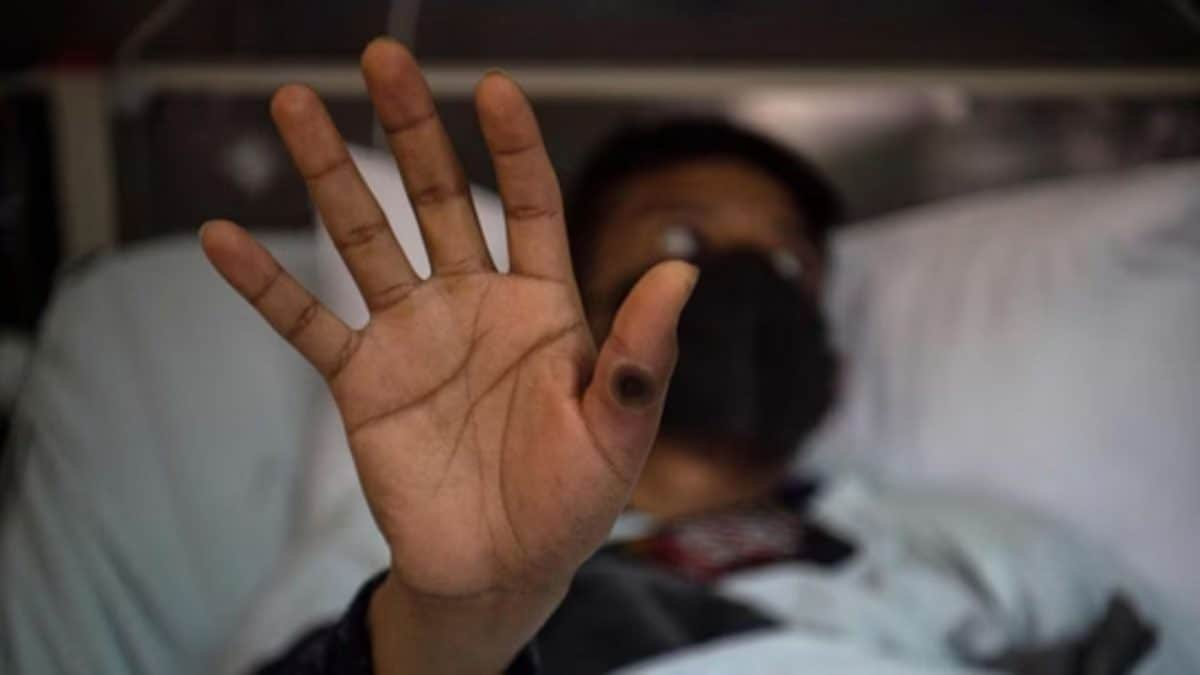


)
)
)
)
)
)
)
 English (US) ·
English (US) ·